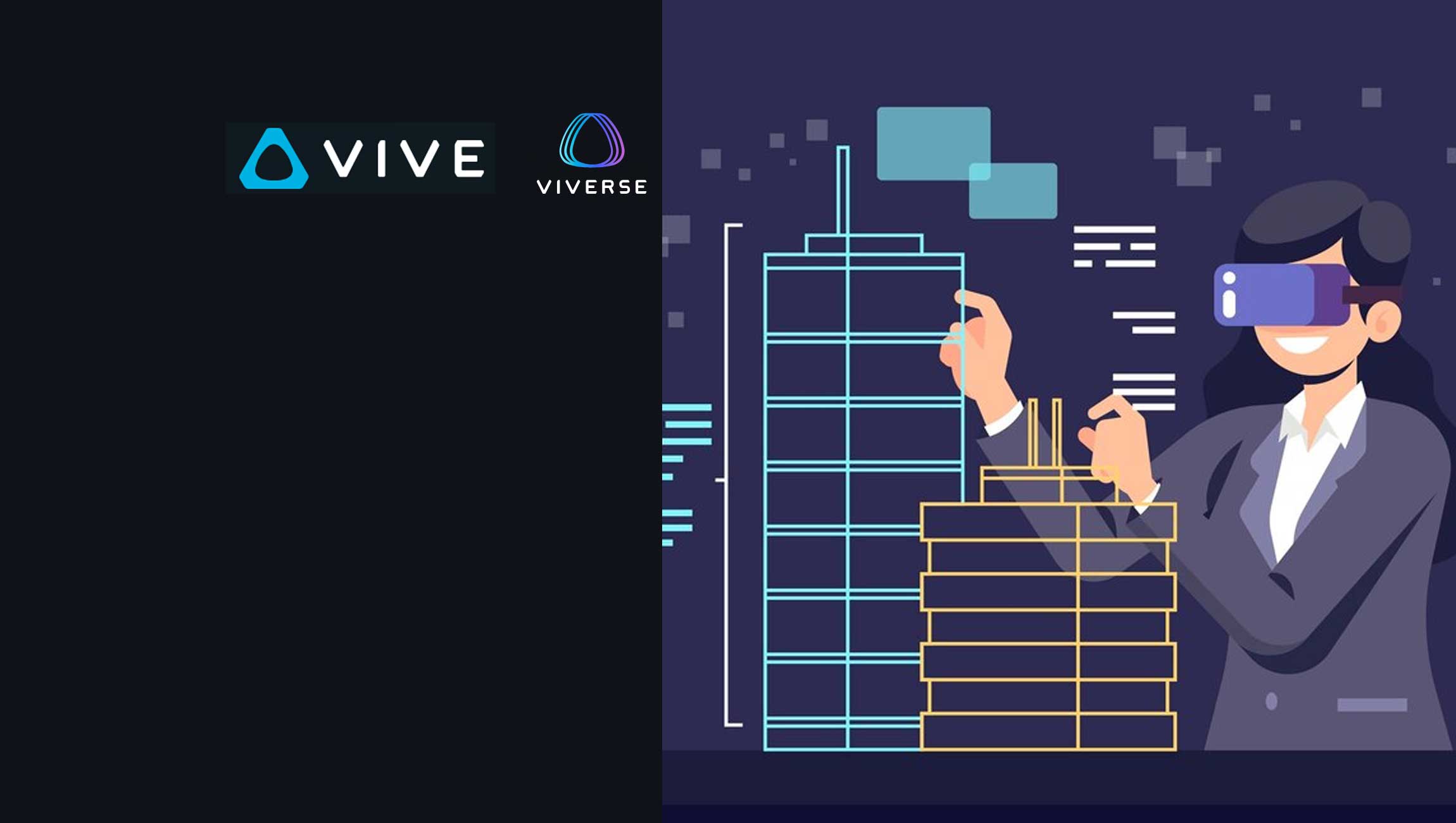Within the marketing function, no area attracts more hype and scrutiny than marketing technology (martech). Its growing portion of the marketing budget merits this exposure. But despite a tough economic landscape, our latest report into the state of martech revealed that more than three in five marketing professionals are expecting increases to their budgets this year. How are these budgets spent?
The martech market of recent times has been shaped by acquisition habits. Marketing leaders were encouraged to bolster the core platforms in their tech stack with more and new ancillary technologies. This also meant budgets prioritised SaaS acquisition over SaaS optimisation and talent. But a significant change appears to have taken place this year.
The survey data shows notable investment increases not only in martech services and software but also in people and organisational design. And when it comes to CMO priorities with their budget allocation, acquisition has dropped down the list in place of an increased focus on optimisation and the skills development and training needed to facilitate this.
Why has this shift in strategy happened?
Economic headwinds and martech migrations
An economic landscape battling high interest rates and low growth in many markets has put marketing’s role under scrutiny – and specifically, martech. In a business environment that prioritises doing more with less, the market has reached an inflexion point, with a split in migration trends.
A martech migration is when a company decides to transition from one marketing technology platform to another. Over the last three years, there has been a divide in strategy, with 51% migrating and 49% holding onto their platforms. Even more interesting is that 62% are planning to change in the next three years, with migrations more likely to happen again if they have already taken place.
What does this acceleration in migration mean?
Top reasons for this upturn in activity include differences between vendor roadmaps, an attempt to standardise platforms across companies, and shifting business needs/goals. As CMO ambitions grow and vendor preferences change, marketers are realising a need to adopt a forward-thinking martech migration strategy that can adapt to market headwinds and enhance ROI.
Marketing Technology News: MarTech Interview with Marc Holmes, CMO @ HashiCorp
Top-heavy stacks without the skills to use them
In recent years, an overemphasis on tech acquisition has led to companies having overbuilt martech stacks. Consequently, companies now require the talent and structure to optimise this investment. Part of this gap has emerged due to a divide between the perception of marketing teams’ skill levels – very high – and the number of certified MA specialists – very low.
What stood out from the survey was the percentage of marketing leaders who understand the capabilities of MA and data to support their strategy – 57%. While this shows the majority are in line with today’s digitally-savvy consumer base, a significant number are at risk of being left behind. This could also suggest why there has been less emphasis on martech skills development/certification.
Therefore, a dual strategy of creating more certified MA specialists while enhancing leadership awareness will help CMOs move from SaaS acquisition to focus on SaaS integration, skills and organisational development.
The jump from Nextopia to Nowtopia
This shift in approach signals a changing of the guard in overall strategy. It seems we are transitioning from an era of nextopia, where companies intensely chase tech acquisitions, to nowtopia, where they focus on drawing more out of existing resources. In particular, there has been a change in investment priorities by marketers.
Unlike previous years, the report revealed people and campaigns are now ranked as the top priorities ahead of software licences and system integrations. This illustrates a pivot towards prioritising human capital and direct marketing initiatives to drive growth, build greater customer engagement and enhance efficiency.
Yet investment ambitions are strong overall, and a majority of marketers were anticipating investment increases in all of these areas.
Mission-critical martech
This year’s State of Martech research also highlights martech’s changing role. No longer is its main purpose demand/lead generation. Now, nearly half of marketers are using MA in wider ways beyond marketing – tasks like customer onboarding and subscription management – to capture digital engagement and support all areas of the business. This is what we call mission-critical martech, and it signals a change in ambition and approach.
Moreover, from sales to IT, martech is being adopted and understood by non-marketing leaders. This expanding role has required a new strategy for maximising its benefits. As software gets deployed across departments, marketers need to focus on skills development and training while also paying more platform fees. This perhaps indicates why people and organisational design are key investment priorities but also why investment in martech remains high as well.
From acquisition to optimisation
Gartner’s 2024 CMO spend survey revealed up to 30% of marketing budgets are now given to martech – a sizeable amount. But the combination of a tough economic climate, migration ambitions and overbuilt martech stacks (from a period of nextopia) has put the pressure on marketers to maximise investments.
Therefore, marketers are looking at ways to best improve structure, strategy and skills to optimise existing resources. And not just for marketing, but across the business. The rise of mission-critical martech and cross-departmental awareness indicates martech is seen as a vital facilitator of wider business goals and strategy, directly impacting revenue and KPIs.
As we move from acquisition to optimisation, from nextopia to nowtopia, martech strategies are changing. To meet this change, companies must find the balance between upgrading their internal capabilities and leveraging external expertise to enhance their software/skills.
Above all, in a market sure to evolve again in the year ahead, those who can remain most agile to new martech opportunities will lead the way.
Marketing Technology News: GenAI: The Silent Hero Behind Better Experiences for Agents and Customers










